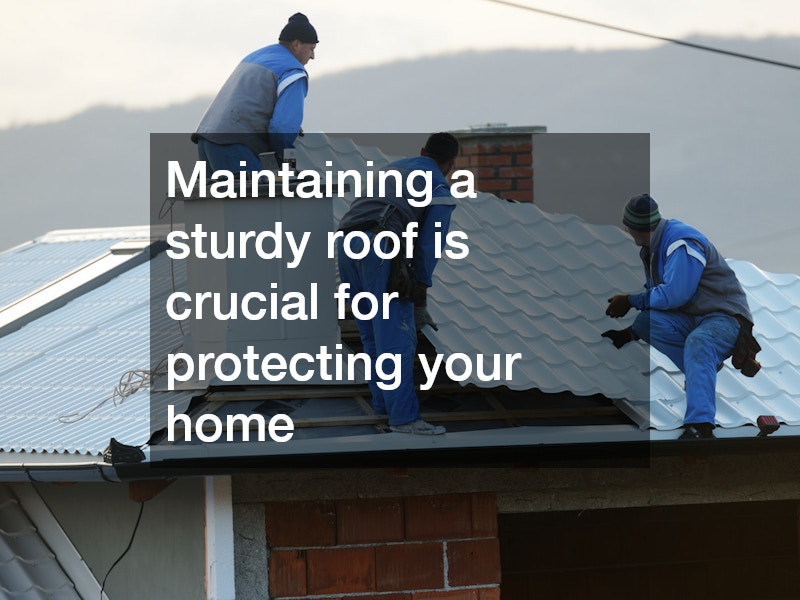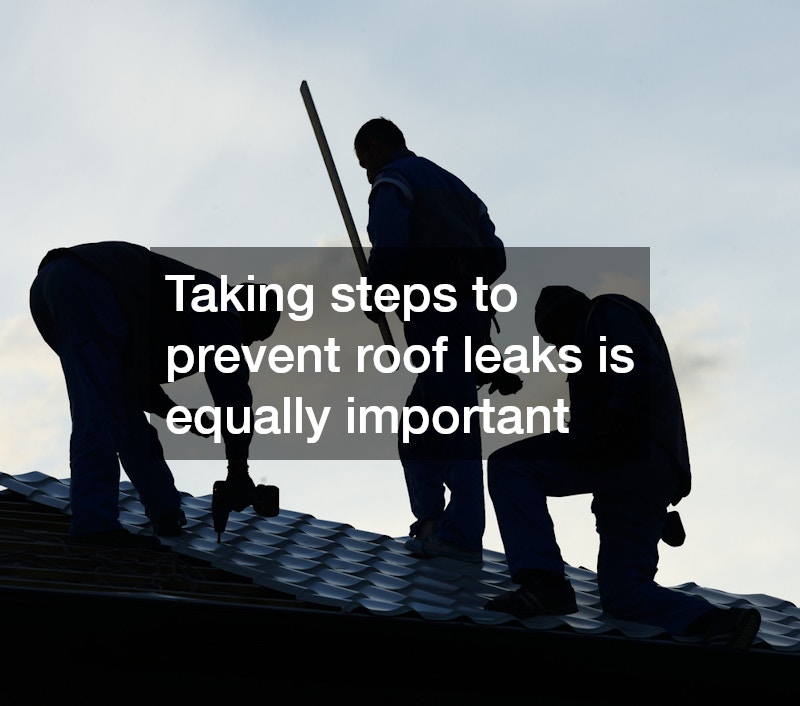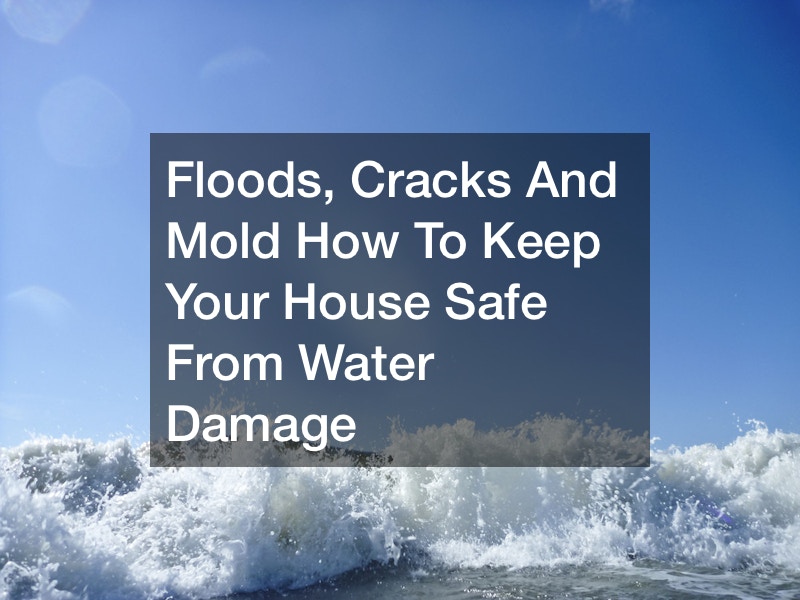
Maintaining a sturdy roof is crucial for protecting your home from the elements, and timely roof repairs are key to avoiding larger issues down the line. Knowing how to spot leaks early can save you from costly damage and extensive repairs. Common signs of roof leaks include water stains on ceilings or walls, missing shingles, or damp insulation. By addressing these issues quickly, you can stop roof leaks before they worsen. Using quality sealants or replacing damaged shingles are effective ways to address minor leaks.

Taking steps to prevent roof leaks is equally important. Regular inspections, proper gutter maintenance, and ensuring flashing is secure around chimneys or vents can reduce the likelihood of leaks developing. Trimming overhanging branches also minimizes debris that could damage the roof surface. Ignoring leaks can lead to significant roof water damage, including mold growth, rotting wood, and structural issues. Professional assistance ensures repairs are done correctly and efficiently, preserving your roof’s longevity.

Investing in regular maintenance and prompt repairs keeps your home safe and dry, saving you from unexpected expenses and ensuring peace of mind during harsh weather conditions. Call your local contractors and professionals today to get started on your own roof inspection and renovation!
Water damage can wreak havoc on your home, causing floods, cracks, and mold growth. From burst pipes to heavy rainfall, water damage can happen anytime, anywhere, and can be a nightmare to deal with. However, there are steps you can take to keep your house safe from water damage and minimize the impact if it does occur.
When there’s a water damage situation in your home, it’s always the best choice to contact a professional water restoration company immediately as this will help prevent the situation from going worse.
In this article, we’ll discuss some useful tips and tricks to help you prevent and address water damage issues in your home, including the benefits of water damage restoration services, the dangers of water damage in closet, how to get accurate water damage quotes, the importance of using a dehumidifier after water leak, and practical water damage insurance claims tips.
So, whether you’re a new homeowner or a seasoned pro, keep reading to learn how to protect your home from water damage and keep it safe and dry for years to come.

How well do you take care of your home? Many homeowners put their heart and soul into their house and it’s not hard to see why. When it shelters you and keeps you safe all days of the year, it’s all you can do to repay all its hard work with routine maintenance, check-ups and upgrades. Yet more homeowners are turning to foundation repairs to cure this proverbial ailment, honing in on the lesser-known (but no less important!) issues of basement cracks, household leaks and mold build-up. These issues can strike from seemingly nowhere and lay waste to years of hard work, potentially putting your health at risk and wasting thousands of dollars in repair. When in doubt, be proactive! Let’s look at the art of foundation repairs and why your home shouldn’t be caught without them.
Did You Know?
Foundation repairs are an essential component of any stable house, big or small. When that foundation is put at risk, it can lead to any number of debilitating and expensive problems that could have been easily avoided with a little oversight. According to the National Flood Insurance Program (also known as NFIP), floods are the number onedisaster in America, averaging a stunning $3 billion in claims every year.
Water Damage
Nothing has long-term consequences quite like unchecked water damage. If you find yourself a victim of a flood or significant leak, it’s imperative you take action and check all your household items for damage. Clean out and dry up your home as quickly as possible, waiting no longer than 24 to 48 hours, after a flood occurs — any longer and you can develop irreversible mold build-up, which can ravage your immune system and cause nasty spores to grow.

Mold Damage
Mold is a unique type of fungus that grows in wet and unchecked environments. There are dozens of different kinds, with some emerging faster than others depending on where you live and the unique circumstances of your situation. Any organic item that has been wet for more than a day, such as bedding and upholstery, should be thrown out in light of growing mold. While it can be frustrating to see your money quite literally thrown away, It’s better to be safe than sorry! Mold is a health hazard and can negatively impact allergies, sensitive constitutions and asthmatic conditions.
Basement Damage
Basements are cold, dark and moist environments. Perfect for water hazards and mold build-up! Foundation repairs involve you heading straight to the root of the problem and tackling the problem before it even arises. Studies have estimated over 98% of all basements experiencing some form of water damage in their proverbial lifetime, with water damage accounting for over 35% of all insurance loss claims back in the year 2013. If you’re curious about further preventative measures, rest easy knowing that there are plenty of options at your disposal. From foundation repair services to basement crack repair, you’ll never run out of ideal choices.
Keeping Your Home Healthy
If you want to keep your house fighting fit then you’ll need to keep these tips in mind for the future. Plants should be placed a bare minimum of two feet away from the foundation, all the better to keep water from directing toward the floor. Pedestal pumps are useful tools that can redirect flooding water out of your home, lasting anywhere from 25 to 30 years if properly installed and kept clean on a routine basis. Last, but certainly not least, the soil around a house’s foundation should slope at least six inches for every 10 horizontal feet to discourage water rising. Water proofing basements and repairing foundation cracks is a thriving trade in the United States and it’s not hard to see why. Foundation repairs are more than just a chore — they’re a necessity to keep your house, and by extension you, from getting sick!
